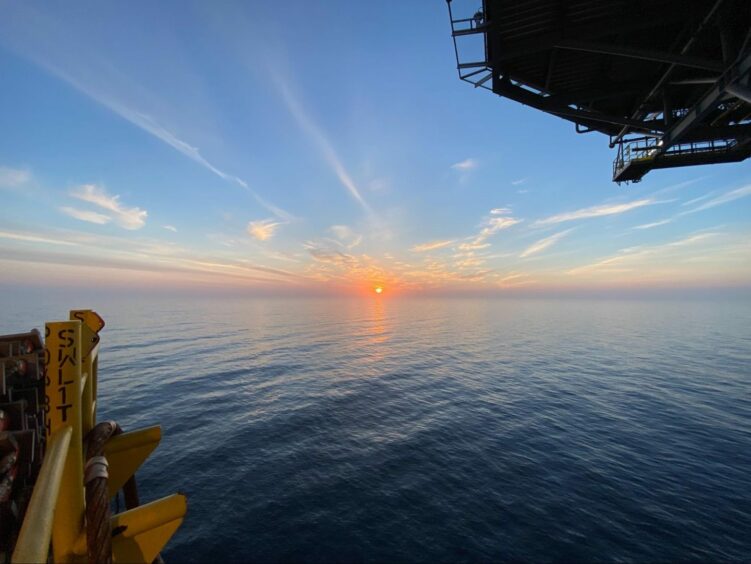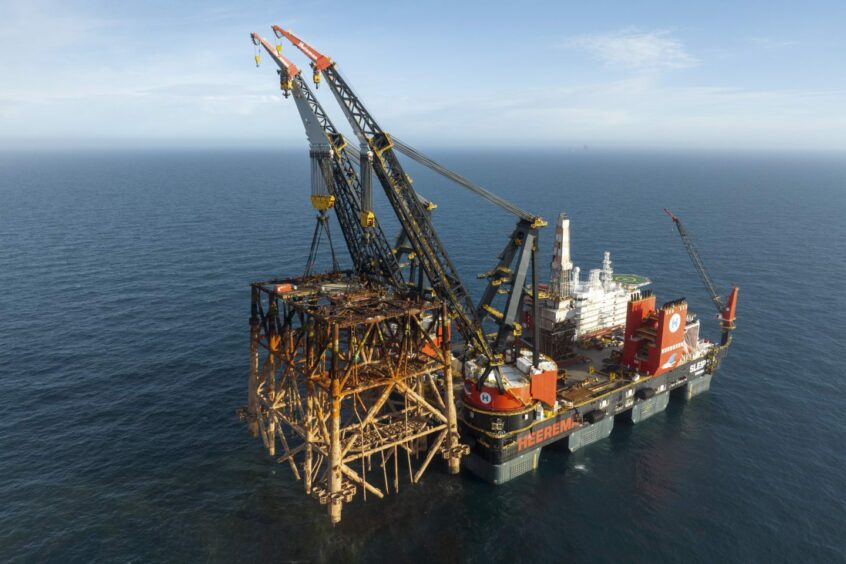Andy Samuel, the former chief executive of the North Sea Transition Authority (NSTA), was paid £300,000 for his final year of service.
Mr Samuel left the industry regulator and was made a CBE at the turn of the year.
He pocketed a salary of up to £230,000 for 2022. He also received a bonus worth around £70,000.
His replacement, Stuart Payne, was paid about £65,000 in his role as NSTA’s supply chain and decommissioning head.
Other NSTA salaries
Chairman Tim Eggar received £80,000, chief financial officer Nic Granger £205,000, and audit and risk committee chief Iain Lanaghan £25,200.
All the remuneration figures are in NSTA’s latest annual report and accounts, for the year ended March 31 2023,published this week.
We supported UK energy security by approving six projects with potential production of 82 mmboe in 2022. For more information about the NSTA’s work through the year go here https://t.co/AoypAsX78P#energysecurity pic.twitter.com/Tmzv9UsSkH
— North Sea Transition Authority (@NSTAuthority) July 17, 2023
Rebate on its way for industry
During 2022 the organisation raised levy funding of £32.9 million, as well as fees and charges of £4.6m, to cover core operational costs.
Fees and charges were higher than budgeted as a result of the first carbon capture and storage and 33rd North Sea licensing rounds.
Savings were achieved through changes to NSTA’s organisational structure, meaning £4.5m of unspent levy funding will be returned to licence holders.
In addition to wages, the cash that was spent went on enhancing data services, as well as upgrades to offices in London and Aberdeen.
Key performance indicators
Updates were also given on how NSTA is performing against a range of key indicators, separated into energy, transition, value and corporate.
The regulator approved six projects in the UK North Sea in 2022, which it said meant it delivered on “meeting demand/security of supply”.

The projects – all of which were subject to a net-zero ‘test’ – boast total estimated recoverable reserves of about 82 million barrels of oil equivalent.
NSTA said it also scored green for its work on emissions targets, energy integration, carbon capture and storage, and the supply chain.
However one target the regulator missed was to reduce the cost of decommissioning the North Sea by 35% by the end of 2022, against a 2017 baseline of about £60 billion.
It said: “On a like-for-like basis, the 2022 forecast cost estimate of decommissioning is £45bn, reflecting a cumulative reduction in the forecast of 25% (£15bn) since 2017, and representing no change since 2021. This should be seen in the context of somewhat challenging economic conditions.”
NSTA has set a new target, announced in November, of reducing the bill by 10% by 2028, from £37bn to £33.3bn, from an updated 2022 baseline.
‘Renewed challenges’
In the report, Mr Payne said: “Following Russia’s illegal invasion of Ukraine, all nations have seen a renewed focus on ensuring security of supply. For the UK, this includes the significant importance of North Sea oil and gas in our energy mix.
“At the same time, we remain fully committed to accelerating the energy transition and ensuring the industry meets its emissions reduction target as we help power the drive to net-zero.
“The coming year will bring renewed challenges. Colleagues from across the organisation will be asked to look at issues as they arise and reach decisions that are in keeping with our values of being fair, accountable, considerate and robust.
“NSTA remains a great place to work, and the work we do remains vital to the UK.”


